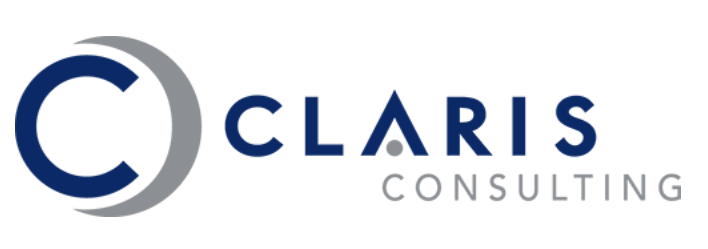Are You Working To Prove Yourself Or Improve Yourself?
There are two types of people we have all worked with, lived with and or done business with. One type of person is rooted in the past and prefers to walk the well worn path of the known, the safe and the predictable. When something new comes along and they don’t know how to handle it they resist the idea and become more interested in proving themselves to be smart, competent and successful.
The second type of person is willing to stray off the beaten path and venture into unknown territory. They are inquisitive and see the unknown not as something to feel threatened by, but rather see unfamiliar events as opportunities to learn and grown in unanticipated ways. They are less concerned with proving themselves and more inclined to improve themselves.
I have been the former and prefer the latter. I remember back in 1985 when I landed my first corporate leadership position. I was recruited at twenty-five to lead a four location health and wellness company with two hundred and fifty employees and operating budgets of over ten million dollars. I thought I was the senior quarterback who had just been drafted in the first round of the NFL draft.
I bought a new car, upgraded my wardrobe and found a new apartment to keep up with my upgraded responsibilities. I was enthusiastic beyond measure and felt as though I had “arrived.”
But within ninety days I heard from the CEO that I had alienated every employee in the corporate office and that I had ninety days to fix it. If I didn’t I would be gone. He suggested I read the book How To Win Friends and Influence Others by Dale Carnegie.
In one conversation I learned that I had been committed to proving myself and that no longer was I the first round pick, but rather I might not even make the practice squad. In that moment my focused shifted to one of improving myself and building bridges with the people I alienated.
The moment we become enamored with proving ourselves over improving ourselves our growth, influence and effectiveness plummets. To avoid this there are three strategies successful leaders can use to continually and effectively improve themselves. They are:
Surround yourself with truth tellers. Successful leaders surround themselves with a trusted cadre of people who tell it like it is. If you want to accelerate your growth you must have people who will tell you what you need to hear versus what you want to hear.
Practice the 1% rule. Focus on progress not on perfection. You do this by committing to improve your leadership effectiveness by 1% every day. Over the course of seventy-two days you will be 100% more effective than when you started. Small daily improvements will win the day.
Create a compelling future. Without a noble or uplifting future to guide you; without an idea, hope, dream or aspiration that has grabbed hold of you and won’t let go, then work becomes a long, slow slog on your belly through enemy territory with bullets flying over your head. All leaders who create something noteworthy; even extraordinary, have a compelling idea that changes their perceptions, their thinking, their mindset and ultimately their actions.
Call To Action:
Do not waste another day trying to prove yourself. The likelihood is that if you are reading this post and have gotten this far you are smart, competent, talented and successful. My blog doesn’t attract unsuccessful people.
Today, take one of these strategies and drive it a mile. Resist doing one mildly or timidly. Do one with a ruthless determination to make a meaningful difference in your leadership and the life of the people that matter most to you.
Why?
Because that’s what leaders do
Which strategy will you implement today?
